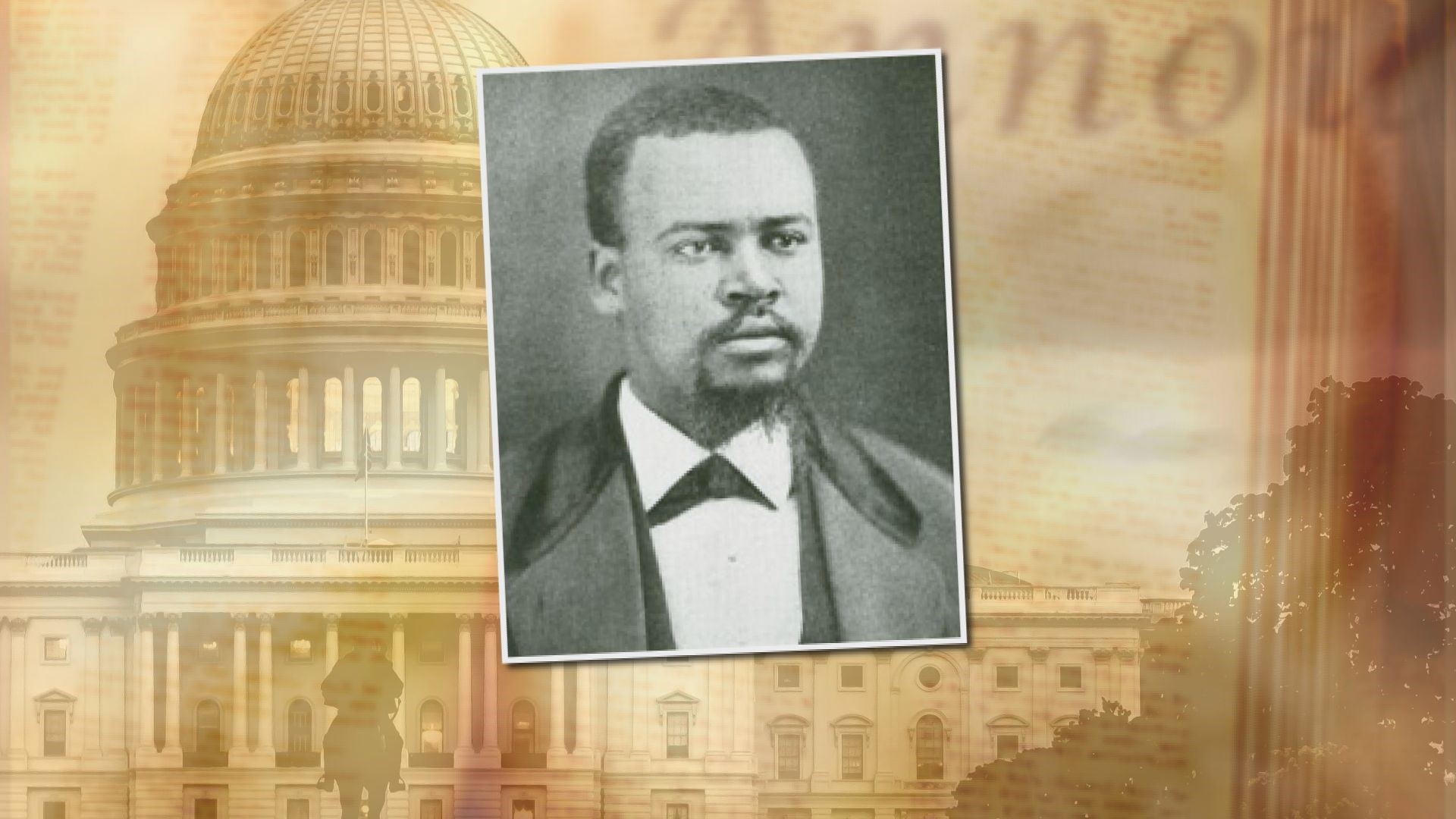GREENSBORO, N.C. — Mark Robinson from Greensboro is running for lieutenant governor. He'd be our state's first black lieutenant governor. Robinson must first win the primary in March.
In North Carolina, there's been no black lieutenant governor, governor or senator although there is a rich history of trailblazers in other elected offices.
What it means to be first
First is defined as "before another in time" but it means so much more.
"It demystify the stereotype that it can't be done," said black politican Earl Jones.
"It means to have a voice. you're representing many many people who at times did not have a voice. That were not heard," said Carol Hart, director of the Greensboro History Museum.
At the International Civil Rights Center and Museum and the Greensboro History Museum they have exhibits honoring our first elected leaders. Such as North Carolina's first black representative John Hyman.
Hyman was a slave who learned to read and write in secret. Going on to serve in Congress just 10 years after the civil war ended.
First black man elected to Greensboro Council was in 1951, doctor William Hampton.
First Native American elected to council in 1983, Lonny Reeves.
First woman mayor was Carolyn Allen in 1993.
Then there's Elizabeth Dole, our first female senator in 2003.
Bev Perdue, the first female lieutenant overnor and then governor from 2009.
And Dan Blue, the first black speaker of the house in North Carolina, elected in 2014.
And you can't talk about firsts in the Triad without someone mentioning Henry Fry.
"He had a lot of firsts," said Hart.
He was the first black man elected to the state general assembly, the first black state Supreme Court justice and chief justice.
And for all those kids out there looking to shatter another glass ceiling, know there will never be a last first. There's always another barrier to be broken.
"That's what makes it so exciting and interesting," said Hart.

